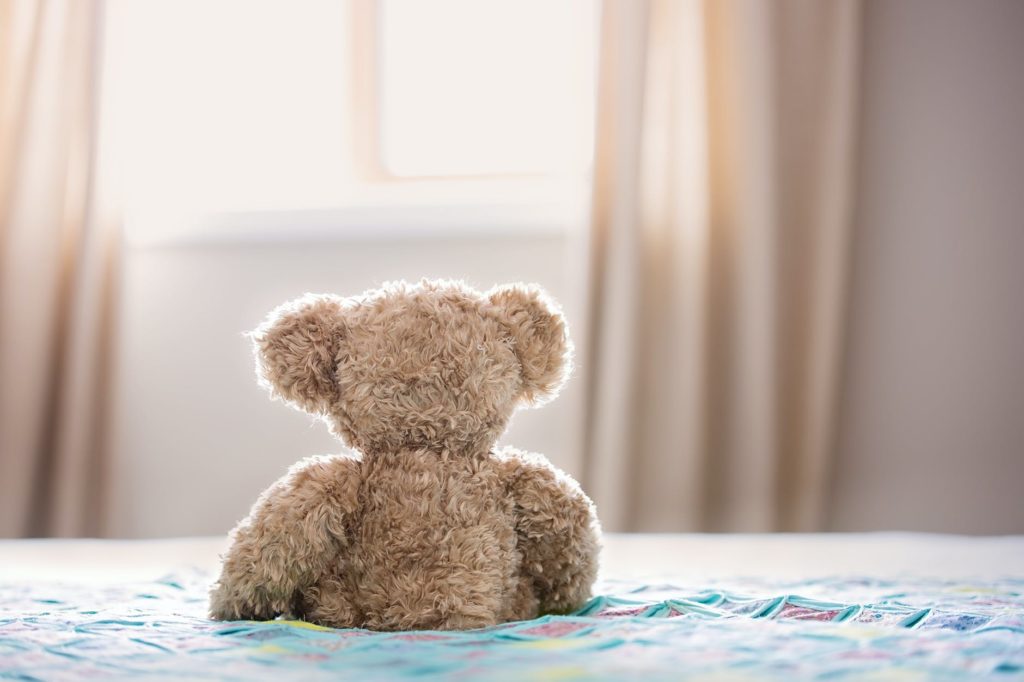This article is the first of a series of blogs about teaching kids to be independent from a young age. There is such a thing as burnout for stay-at-home moms or just moms in general, no matter what you do. If we take the time to list all the things we do for our kids, I’m pretty sure one page may not suffice. But it might be worth trying this exercise because you will find that there are plenty of things in there that your children can do themselves.
Why do we choose to do it all?
Parents prefer to do things for their kids for two reasons. One, because it is faster and less stressful to deal with the frustration their child may encounter in the process of self-help. Second, parents assume that kids cannot do a particular task because they are too young. So, who are we helping when we do things for our kids? It turns out -no one. We are left feeling tired and overworked, and our children have learned nothing.
Here’s the truth
Let me speak a reality – most children are capable of caring for some of their basic needs from 18 months to 2 years onward. I’m referring to children who have no development issues. I learned this early on when my kids went to Montessori school.
Maria Montessori, the founder of the Montessori method of education, said, “Never help a child with a task at which he feels he can succeed.” I had seen this quote in classrooms and walls, and it made so much sense. Children in the toddler classes have to clean up their plates and rinse them off after lunch. They have to put away ‘a work’ before they can get to the next one.
How about toddlers?
Can your 2.5-year old put his shoe by himself? If he hasn’t tried to do it, you will never know. It takes several tries before they learn a skill, but they will get it. My oldest was relatively independent from a young age, but it did not happen overnight. She tried several times before she learned to put on a t-shirt. Every child’s development will vary, and each will learn these tasks in their own time. But the point I’m trying to make is that if your child has no development difficulties, you should let them try to care for themselves.
There are several benefits in teaching your child to be independent, and I will write more on this topic in my next blog. For now, let’s move on to practical ways to get your kid to be more self-sufficient.
Routines
Creating a simple routine is a great way to teach your child independence. There are many reasons why discipline in keeping routine is beneficial to your child. We create bedtime routines for babies to give them a feeling of security and a sense of familiarity. They learn their environment and adapt their bodies to respond to routine activities.
I recently came across a study on the benefits of a bedtime routine on child development from the National Institute of Health, the nation’s medical research agency. It stated that the benefits extend into language development, literacy, child emotional and behavioral regulation, parent-child attachment, and family functioning. You can find the detailed study by clicking here.
Most children wake up and want to play or eat. My youngest needs to feed his body as soon as he is up. He heads down, grabs a smoothie, and drinks it before he can do anything else. Am glad I don’t have to drag myself down to do that. Another thing my boys used to do when they woke up was to play before getting dressed. If that was their morning, my morning would be calling on them a million times to change, brush and eat.
OUR MORNING ROUTINE
I realized I needed to enforce a morning routine; I would remind them the night before and talk about it as soon as they were up. I picked three things for them to do as soon as they woke up and left breakfast out, given the natural progression into it.
- Brush their teeth
- Change their Clothes
- Make their Beds
It is pretty simple, yet it took some time for the kids to learn it. I will typically help my 2.5-year-old with brushing his teeth. We take turns so that he gets a chance to practice brushing. But he is responsible for picking & changing his clothes and pulling his sheets.
Key to Success
The key to enforcing routine is accountability. My oldest will come and engage in a conversation, and I will typically interrupt and say, “I would love to hear what you have to say as soon as you have completed your morning routine.” My middle child will have questions about the weather or inquire about breakfast in the morning, and I will respond similarly. Hold them accountable to the expectations and teach them to develop good habits and routines.
If your kids have a morning routine and bedtime routine in place, try an evening routine too. My kids can watch TV after tidying up and finishing dinner at the table. They will also miss TV time due to the natural progression, and that’s how consequences work. (A blog for another day). We also have a homeschool routine that comes with consistency and repetition.
DO YOU HAVE QUESTIONS?
What questions do you have about routines and teaching your children to be independent? While my kids are mostly independent, we still have more to teach them about self-care and, eventually, serving others. I will be writing a few more articles on this topic so look out for those. Leave a comment if you found this useful.



